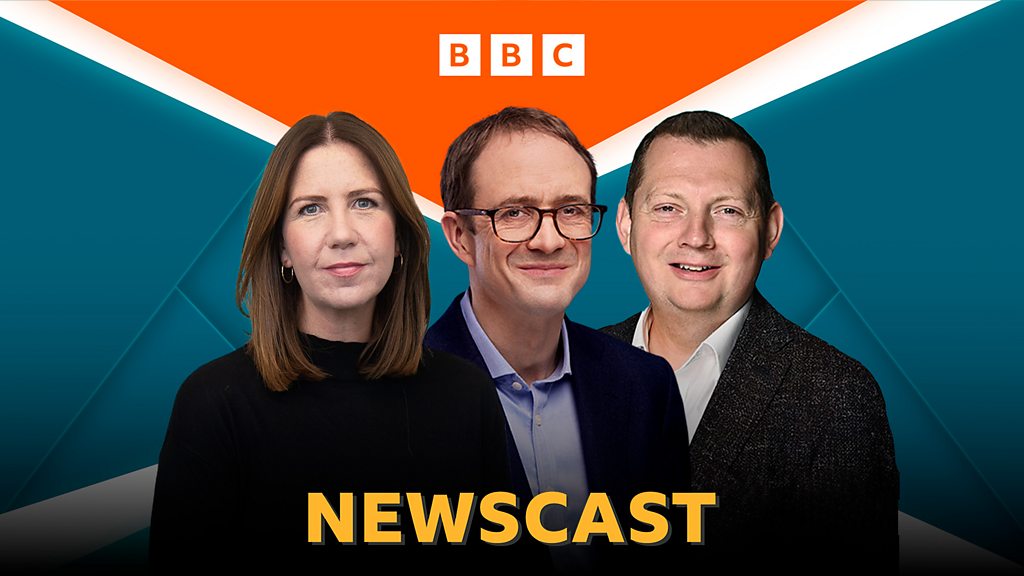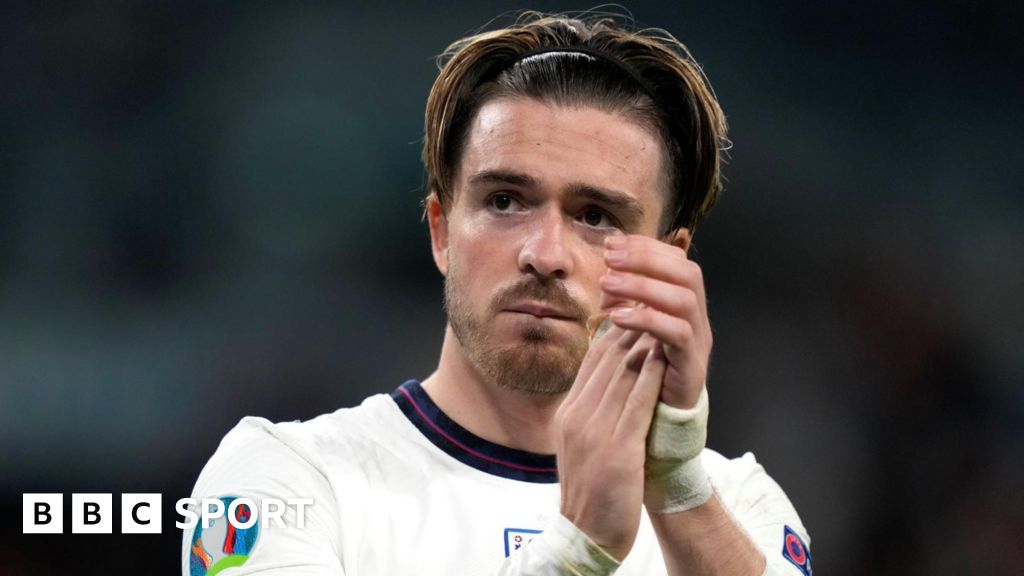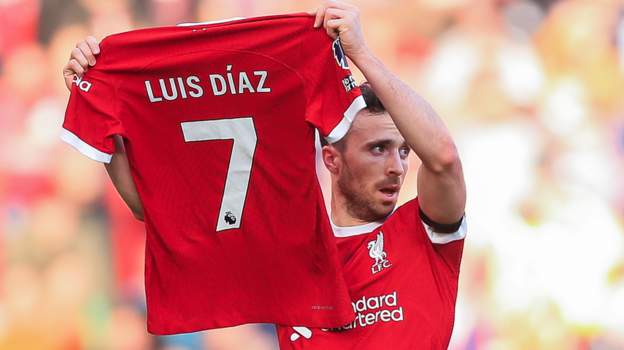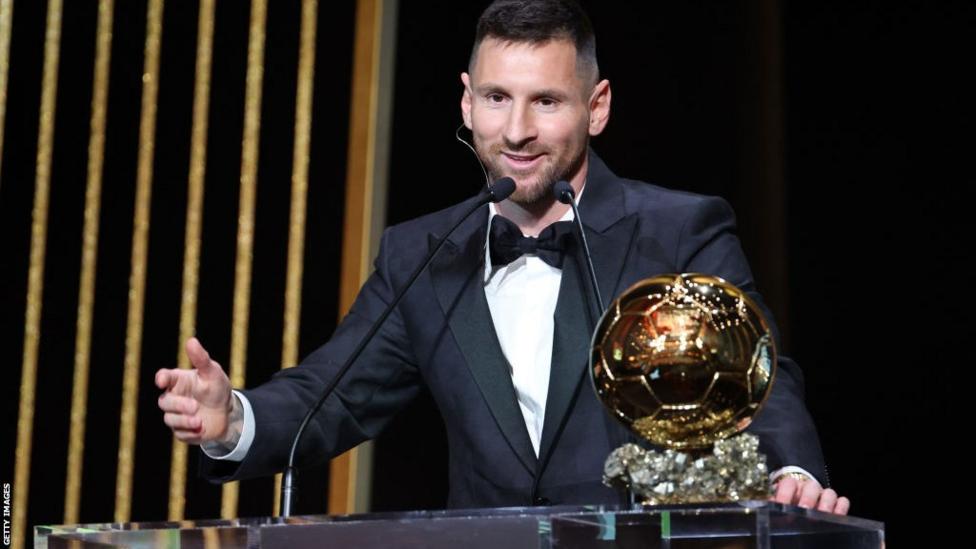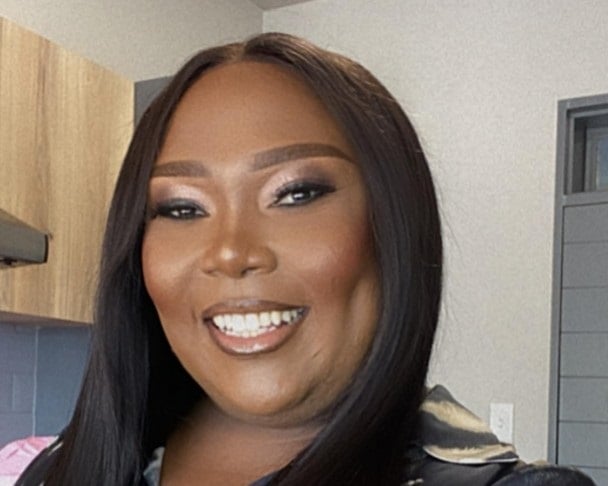
A challenge Dominic Zaca still has is having to tick a gender box as a non-binary.
- Dominic Zaca identifies as non-binary and first realised they were different in Grade 4.
- There were many challenges, including a threat of rape, along the way.
- Zaca stars in the Moja Love show The Way Ngingakhona (The way that I am), which focuses on the struggles of the LGBTQIA+ community.
Thirty-year-old creative director and star of Moja Love's The Way Ngingakhona (The way that I am), Dominic Zaca, identifies as non-binary but their journey to that point wasn't without terrifying moments.
"Fighting my own body is expensive and emotionally taxing. I am tired of fighting a body that I didn't ask for," Zaca said. "This journey is expensive and fearful as people see the need to hate me for my body and my sexuality."
Zaca first realised they were different in Grade 4: "We had a cultural day at school to celebrate Heritage Month. I had to wear traditional clothes for an assembly performance. I left home wearing umblaselo (Zulu traditional pants). When I got to school, a friend handed me the isigege (Zulu traditional skirt), which I wore for the assembly performance."
The teachers weren't impressed, but Zaca felt powerful.
At the start of their journey, they identified as androgynous.
But "androgynous didn't feel like me", they said.
"I wasn't part of one gender or part of another. I didn't want to be any gender. So, through a lot of googling, watching YouTube videos, and following people who had similar feelings [who] discovered non-binary, which they said sounded and felt like them," they added.
READ | LGBTIQ+ distress: 'God is against you guys'
Zaca said there were many bullying incidents, and moments where pastors tried to pray about it.
In fact, in 2008, a group of classmates even threatened them with rape, the reality show star said.
A challenge Zaca still has is having to tick a gender box as a non-binary.
They said:
The forms, systems and processing still want me to be a man or woman. That breaks me, and my biggest challenge is bathrooms. I am too manly to be in the female's [bathroom] and female to be in the men's bathroom. I often have to settle for a paraplegic bathroom, but I am not differently abled. Surely my gender identity doesn't render me differently abled.
People should stop making Zaca's sexuality and identity about them, they added.
Jenna-Lee de Beer-Procter, a clinical psychologist in LGBTQIA-exclusive practice, said the existence of non-binary people was a testament to the richness of human diversity and the ever-evolving understanding of gender identity and expression.
"However, this challenge to the binary norm can sometimes be met with resistance, widespread misunderstanding, exclusion, and discrimination. This can have significant psychological, relational, financial, occupational, and health repercussions for non-binary people," she said.
ALSO READ | Oh, to be African and queer: There is nothing un-African about being gay
Like many others, she added, South African society predominantly adheres to cisnormative beliefs, assuming that one's gender identity aligns with sex assigned at birth.
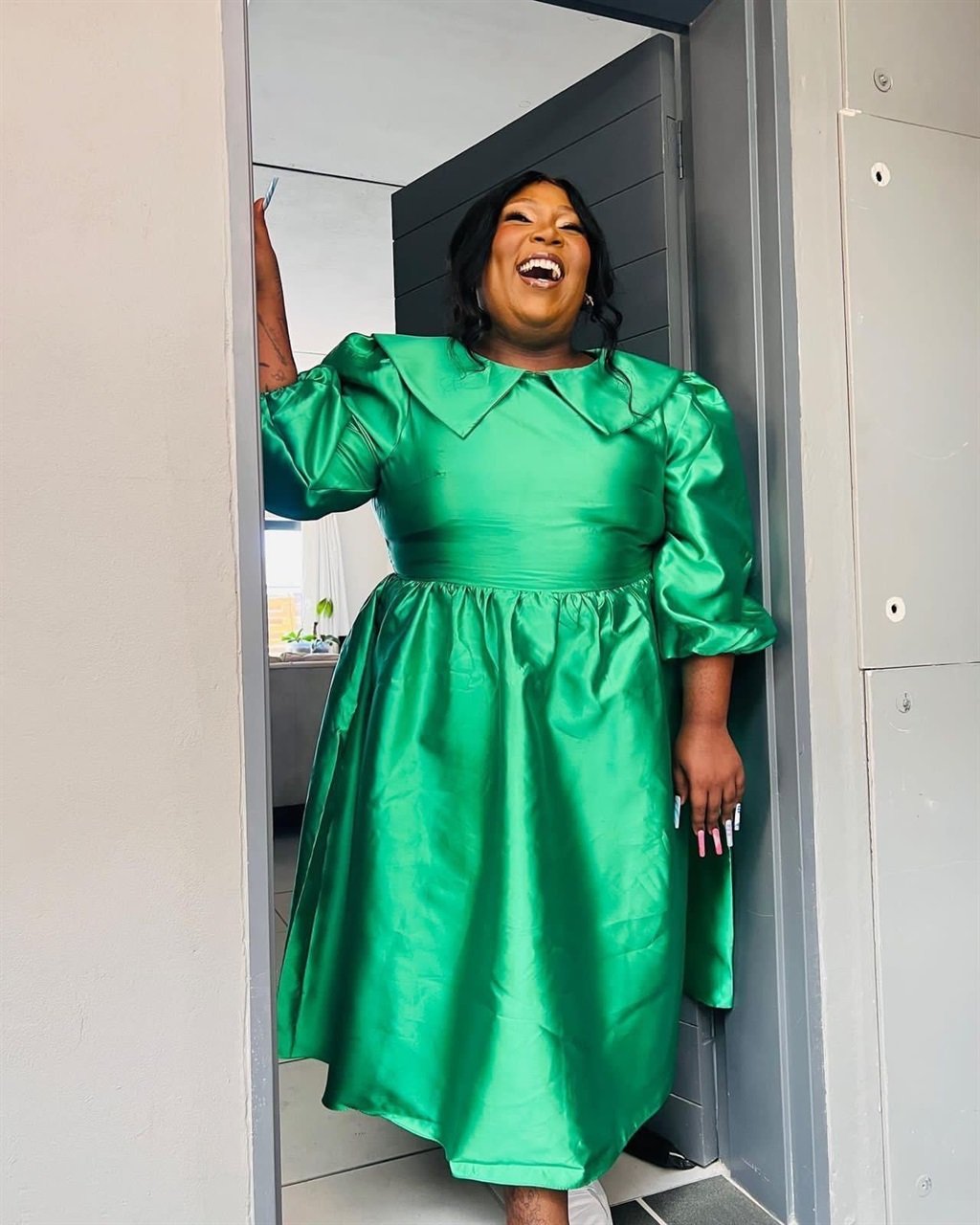
Dominic Zaca has asked people to stop making their sexuality and identity about them.
"This mismatch between assigned sex and true gender identity can lead to feelings of isolation, anxiety, depression, and even suicidality when not affirmed by others. Transphobia manifests in various ways, from derogatory language and intimidation to unfair treatment in employment, housing, healthcare, education, and more. It's disheartening that much of this transphobia originates within the communities and families that should offer support," she said.
She said non-binary people often confront social stigma and discrimination, which hinders their recognition and acceptance in various aspects of life.
De Beer-Procter added: "They may also experience erasure as society struggles to acknowledge their existence and experiences."
The Way Ngingakhona focuses on the struggles and triumphs of the LGBTQIA+ community.
 (1).png)
 1 year ago
90
1 year ago
90

